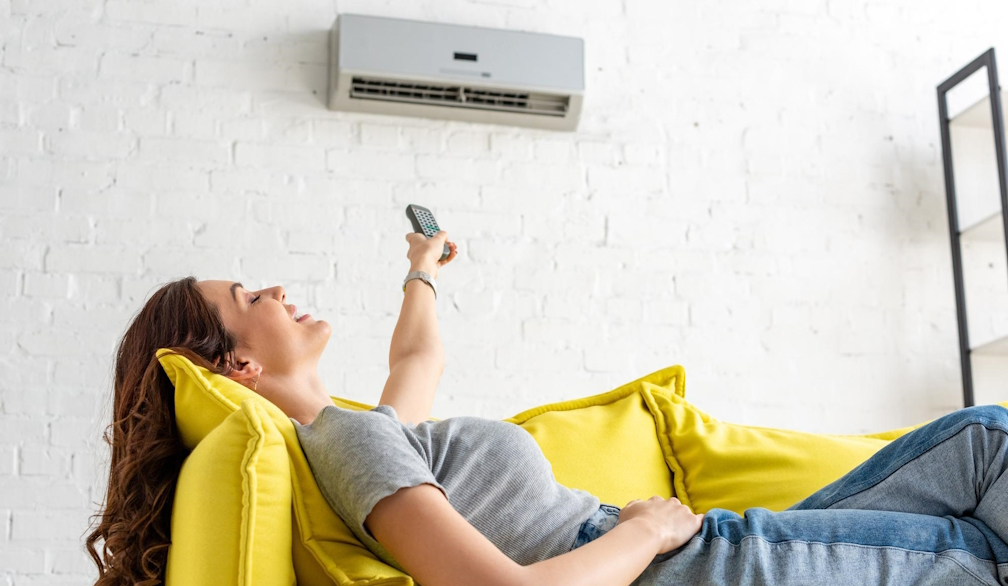Energy-Efficient Summer: Appliances, Habits, & Cooling Hacks to Lower Your Costs

In the warm summer months, the joy of longer days and warmer temperatures is often accompanied by the dread of steep rises in electricity expenditure. Across the globe, households are recognising the pressing need to find means to reduce their electricity bills during these sweltering months. The challenge of reducing electricity expenses transcends financial interests, it is also tied to the urgency of environmental concerns. Indeed, lower energy consumption directly reduces greenhouse gas emissions and is instrumental in mitigating climate change. This comprehensive guide aims to provide you with the optimal solutions that will assist in significantly reducing your summer electricity expenses. The potential savings and environmental benefits from following this guidance are significant and will hopefully serve as an impetus to foster a more sustainable lifestyle.
Understanding Your Electricity Expenses
The first step towards reducing your summer electricity expenses is to understand the structure of your current electricity bill. Electric companies typically charge their consumers based on kilowatt-hours (kWh), a unit that measures the amount of electricity used over a period of time. Intensified use of high-energy-consuming appliances during the summer, such as air conditioners and refrigerators, leads to an increase in kWh consumption and consequently to higher costs. The intricate relationship between the use of these powerful appliances and the resultant climb in electricity charges forms the crux of understanding expenses. By gaining an understanding of your bills, you equip yourself to make more informed, sustainable choices.
Energy-Efficient Appliances: A Big Summer Saving Secret
The role of energy-efficient appliances in significantly reducing summer electricity bills cannot be overemphasised. These appliances are expertly designed to consume less electricity while delivering the same performance as traditional appliances. These energy-saving appliances provide a two-pronged advantage: they offer financial savings by lowering electricity expenses, while also contributing to environmental well-being by reducing greenhouse gas emissions. Major appliances such as refrigerators, washing machines, and air conditioners account for a hefty portion of home electricity usage. Thus, replacing these with their energy-efficient equivalents could yield remarkable savings. For instance, energy-efficient appliances can consume up to 50% less electricity when compared with standard appliances.
Smart Cooling Tricks to Decrease Demand on Your AC
Air conditioners, while indispensable in the searing heat of summer, are notoriously energy-intensive and can contribute significantly to rising electricity bills. Strategies to reduce reliance on air conditioners without hampering comfort have, therefore, become essential. Employing modest measures, such as insulating your home properly, exploiting energy-efficient window treatments, and capitalising on the cooler outdoor temperatures during the night can decrease the necessity for continuous air conditioning. Fans, which consume substantially less energy than air conditioners, can be an effective cooling alternative. Moreover, if replacing your air conditioner is on the horizon, investing in an energy-efficient model should be a top consideration.
Exploring Renewable Energy Options for Summer
Harnessing renewable energy, particularly solar and wind energy, provides viable alternatives for electricity supply, particularly useful for the summer months. Solar panels, for example, have been proven to effectively tap into the abundant sunlight to provide electricity. Although the transition to renewable energy sources comes with its own set of challenges, like installation costs and weather dependencies, many government incentives are available to make this switch more affordable. By adopting renewable energy, you can promote a sustainable living and contribute to the long-term goal of a greener planet, all the while reducing your greenhouse emissions and electricity bills.
Smart Habits to Adapt For Long-Term Electricity Savings
By cultivating smart energy-saving habits, consumers can attain long-term electricity savings. Such practices include turning off lights when leaving an unoccupied room, unplugging electronics when not in use, and conducting regular maintenance checks on appliances to ensure their optimal functionality. A multitude of mobile apps and digital tools are available to monitor electricity consumption in real-time, highlighting areas where you can decrease your energy usage. By incorporating these simple measures into daily routines, households can achieve significant energy efficiency and reduced power bills.
Conclusion
In the face of escalating summer electricity bills, proactive measures can be taken to limit these expenses. By understanding your electricity use, investing in energy-efficient appliances, innovating cooling tricks to decrease the strain on your air conditioner, considering renewable energy options, and adopting energy-conscious habits. It is possible to alleviate the financial stress of ballooning electricity costs. Implementing these methods will not only provide essential financial reprieve but also promote sustainability and comprehend the wider environmental objective. Let's make a concerted effort to use our power wisely and make a significant change for the betterment of our environment and our wallets.









